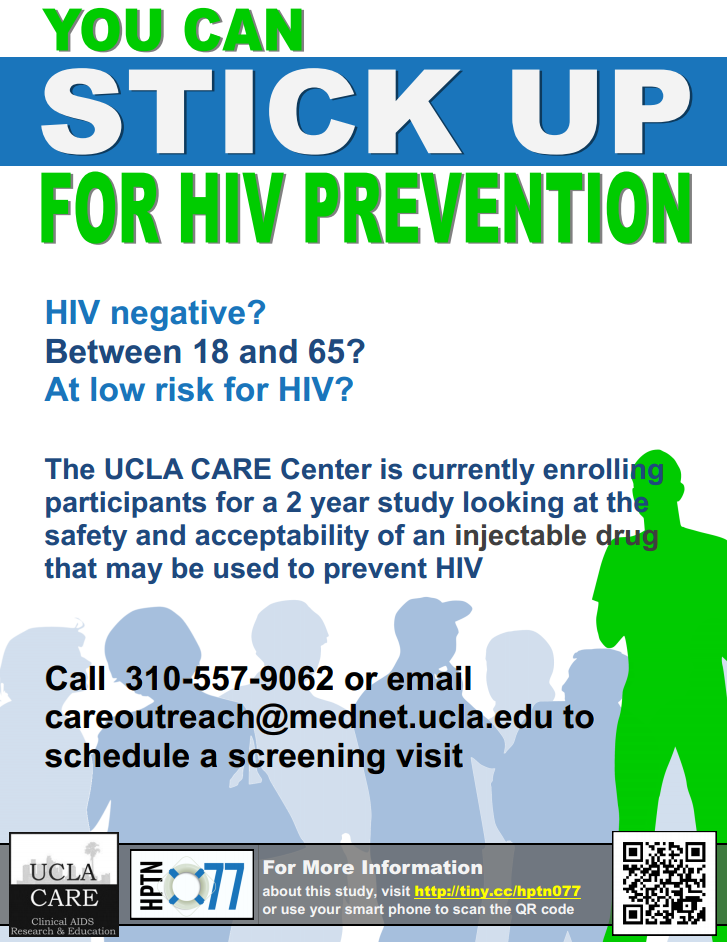January 8, 2015 – Ms. Ayako Miyashita, Esq., presented to the Los Angeles County Commission on HIV as part of the CHIPTS HIV Research and Community Colloquia Series on Thursday, January 8, 2015. Her presentation focused on addressing the following questions: What is HIV criminalization? How are people living with HIV targeted for criminal prosecution in California? What can we do about it? The presentation addressed the legal
framework for HIV criminalization, the policy considerations for these laws, and what local leaders are currently doing to make a change in California. The presentation included an engaging panel discussion, which included Mr. Aaron Fox from Los Angeles LGBT Center, Ms. Craig Pulsipher from AIDS Project Los Angeles, and Mr. Marco Castro-Bojorquez from Lambda Legal.
Ms. Miyashita is the Inaugural Brian Belt HIV Law & Policy Fellow at the Williams Institute. She currently works on law and policy matters that impact people living with HIV. In her previous positions, Ayako provided direct legal services to low-income clients living with HIV/AIDS in San
Francisco and, most recently, at Inner City Law Center, a non-profit legal services provider based in Los Angeles’ Skid Row area. Ayako earned her J.D. from UC Berkeley School of Law, after receiving her B.A. from UC Santa Cruz.
Aaron Fox, MPM, is the Director of State Health Equity and Policy at the Los Angeles LGBT Center. Mr. Fox focuses his work with Lesbian, Gay, Bisexual and Transgender (LGBT) and underserved communities; advocates for effective policies that continue to support access to quality culturally competent health care; and provides education to the community on changing health policies and funding streams.
Craig Pulsipher, MPP, MSW, is the State Affairs Specialist at AIDS Project Los Angeles. Craig oversees HIV and healthcare policy, legislation, budget and political strategy at the state level and participates in community collaborations on a broad range of HIV and health related issues.
Marco Castro-Bojorquez is a Community Educator for the Western Region for Lambda Legal, a national legal organization working for full recognition of the civil rights of LGBT people and people with HIV.
CHIPTS hosts a monthly HIV Research and Community Colloquia Series in collaboration with the Los Angeles County Commission on HIV to highlight current issues and conversations surrounding HIV. Click here for past lectures and check out the events page for more information on future Colloquia presentations!

